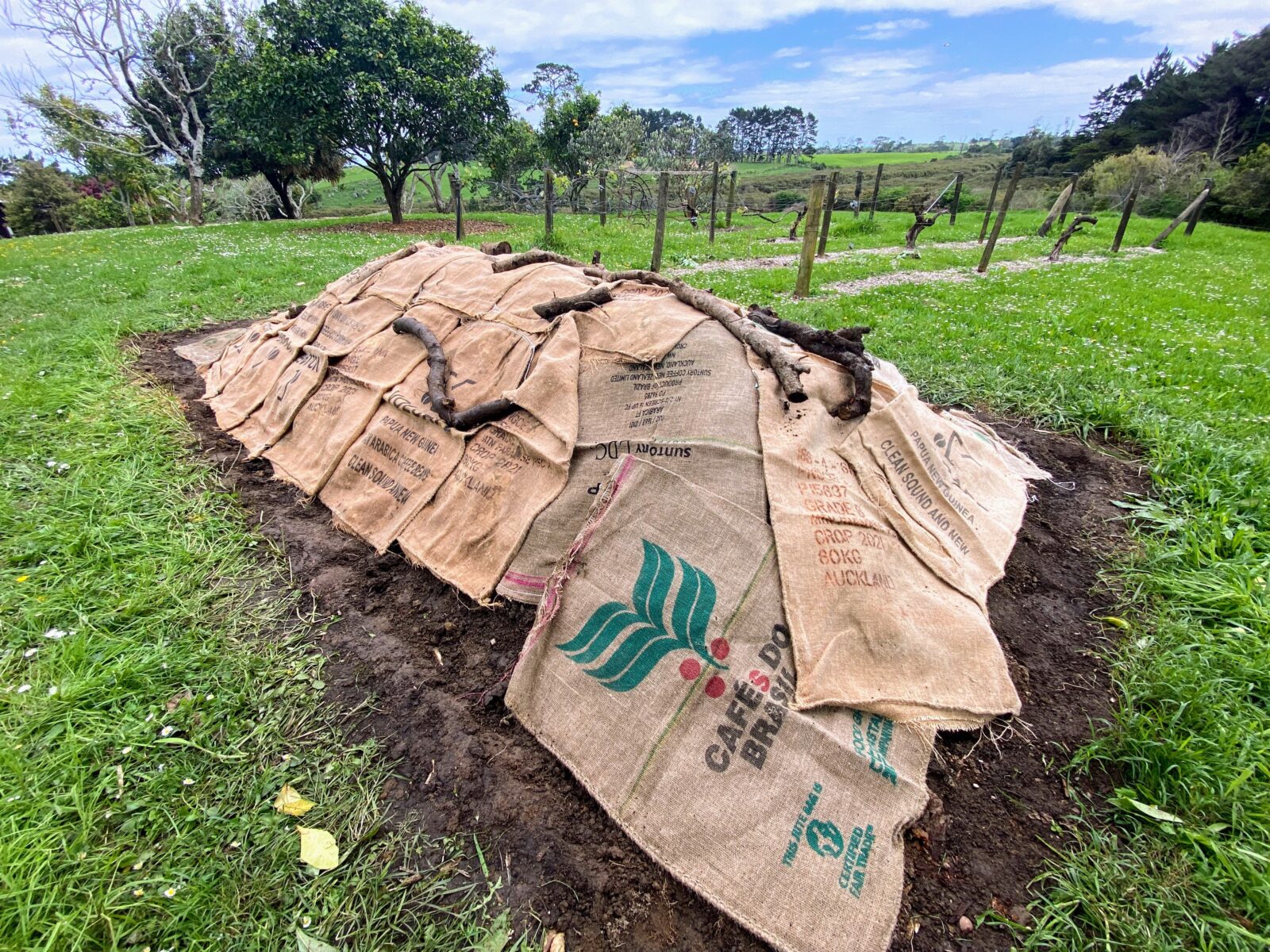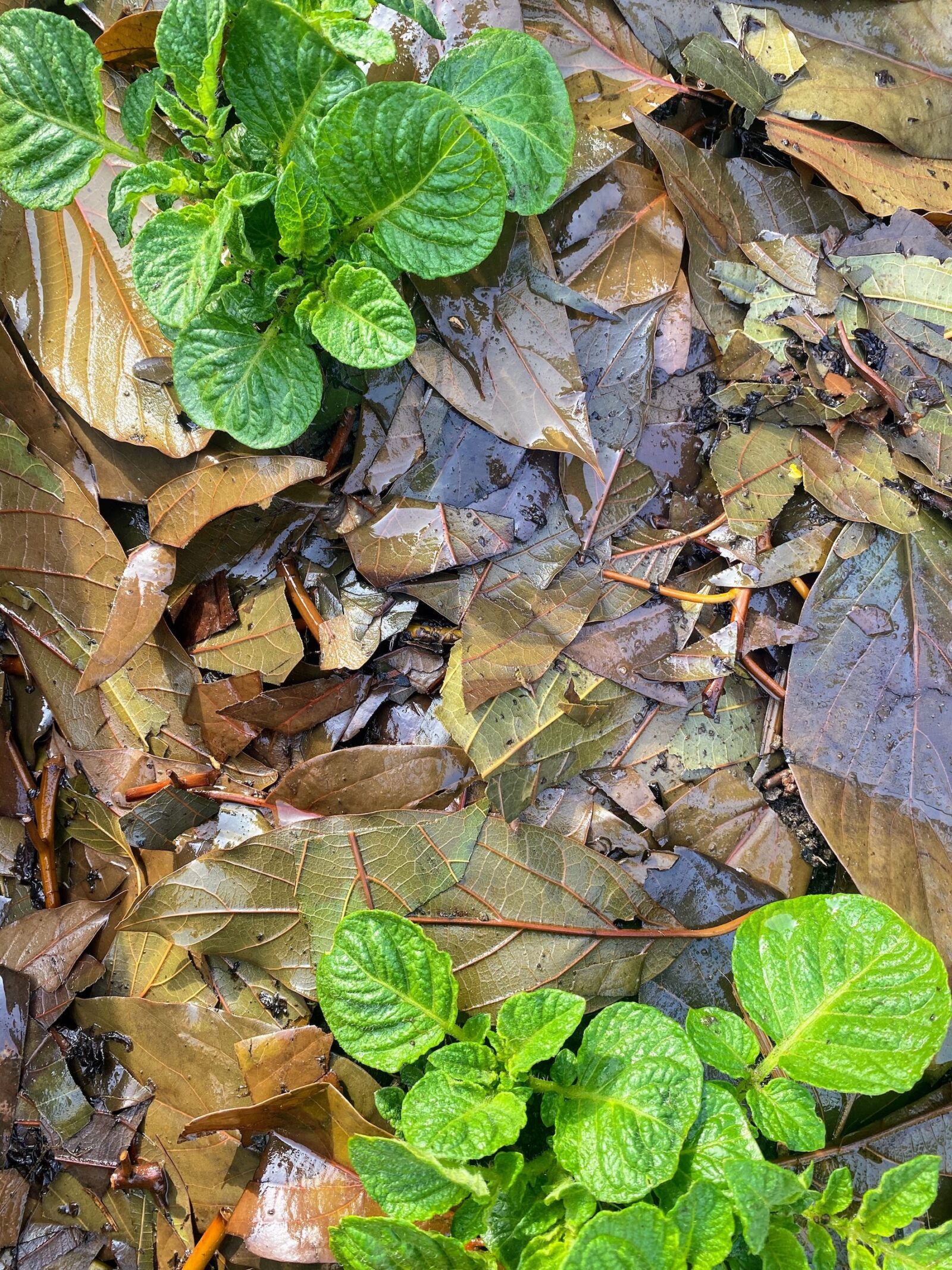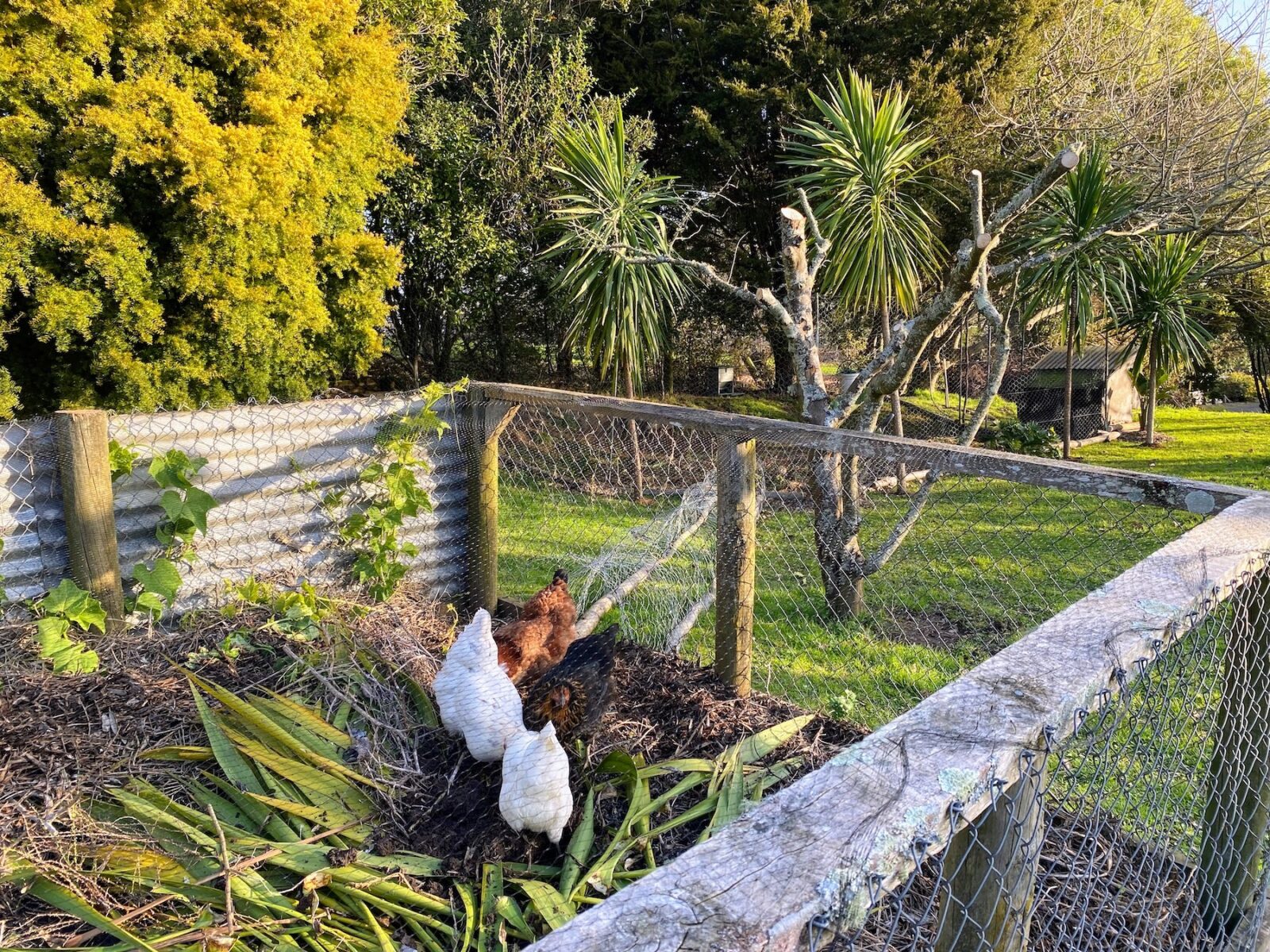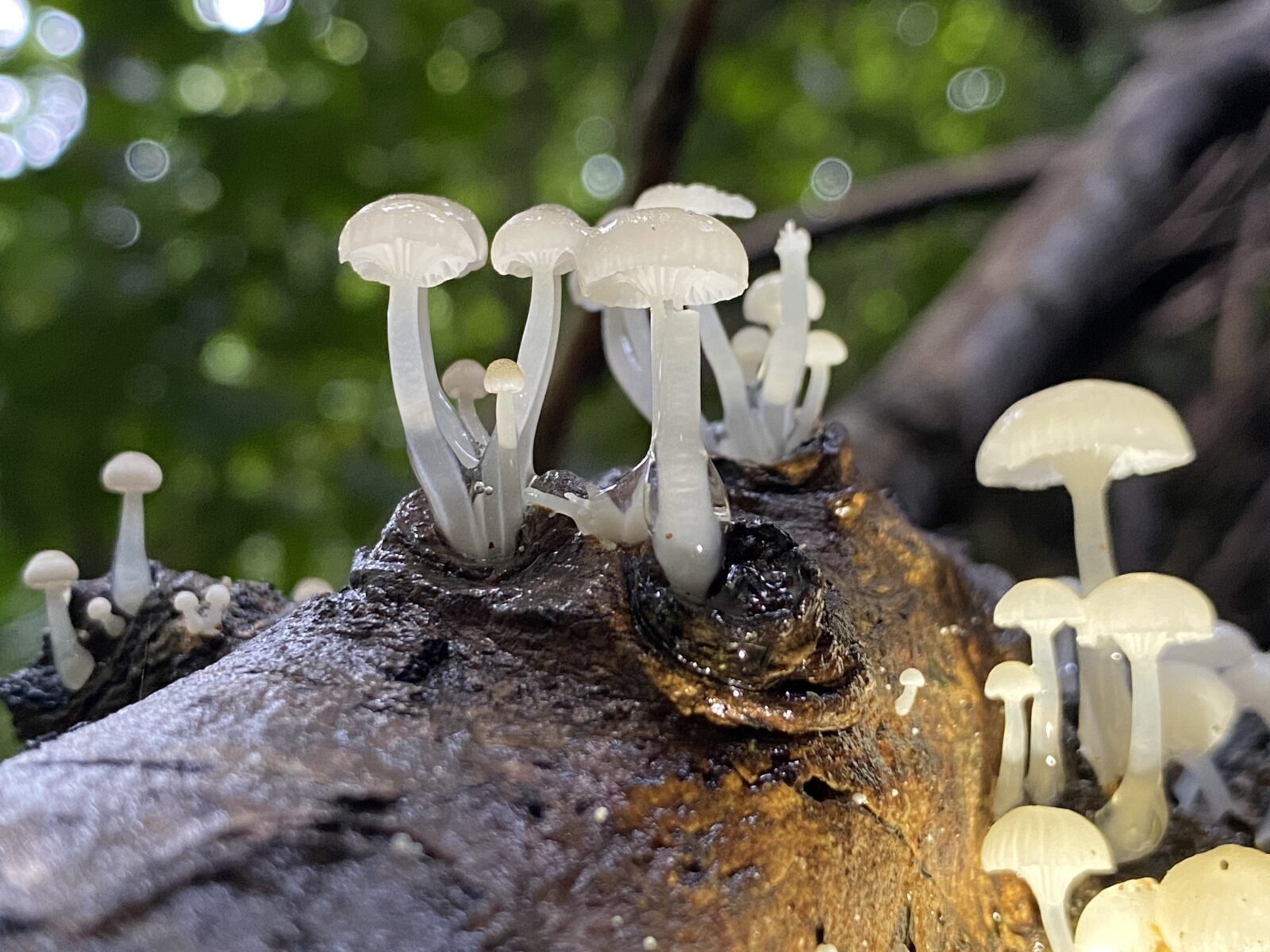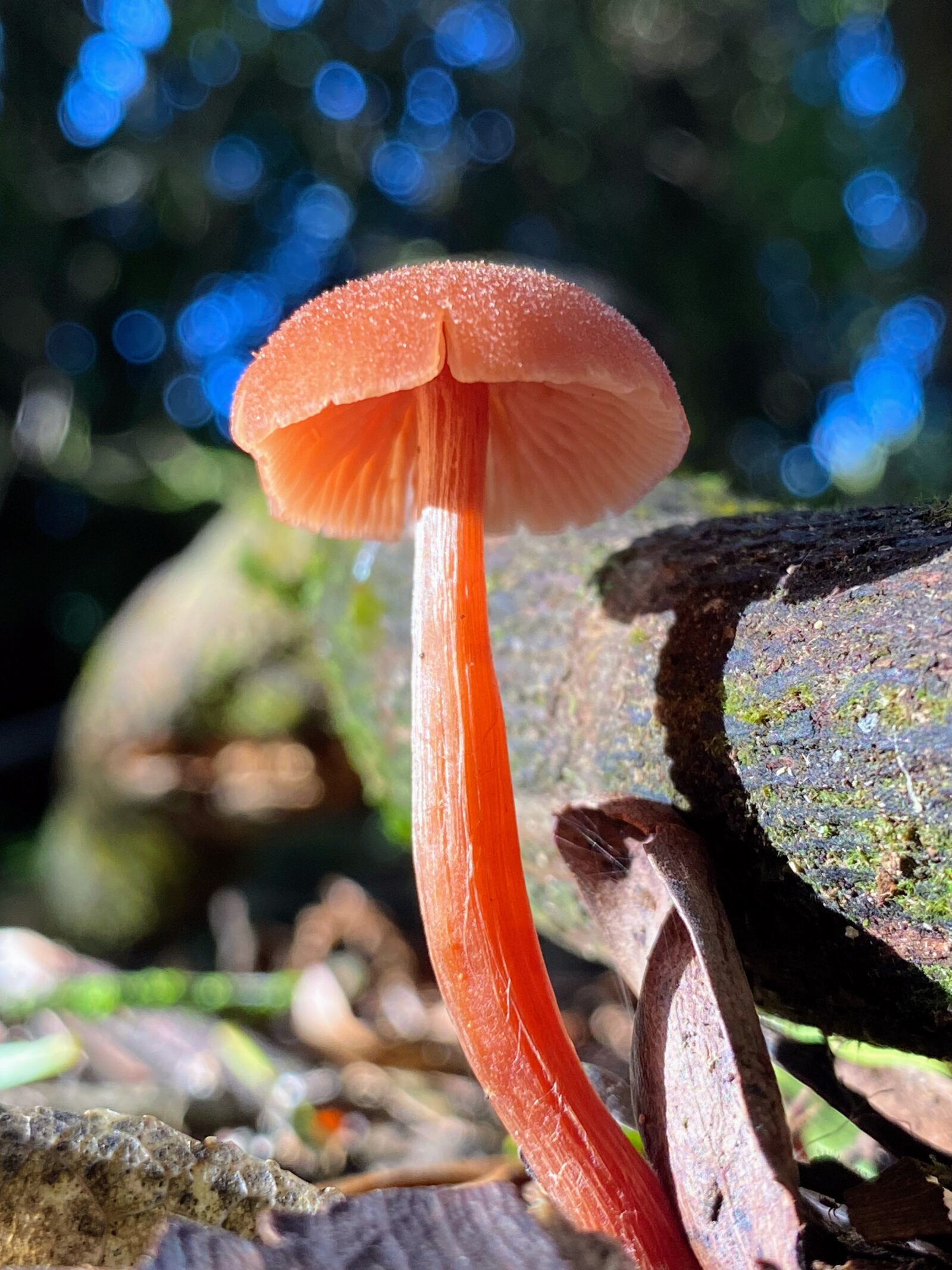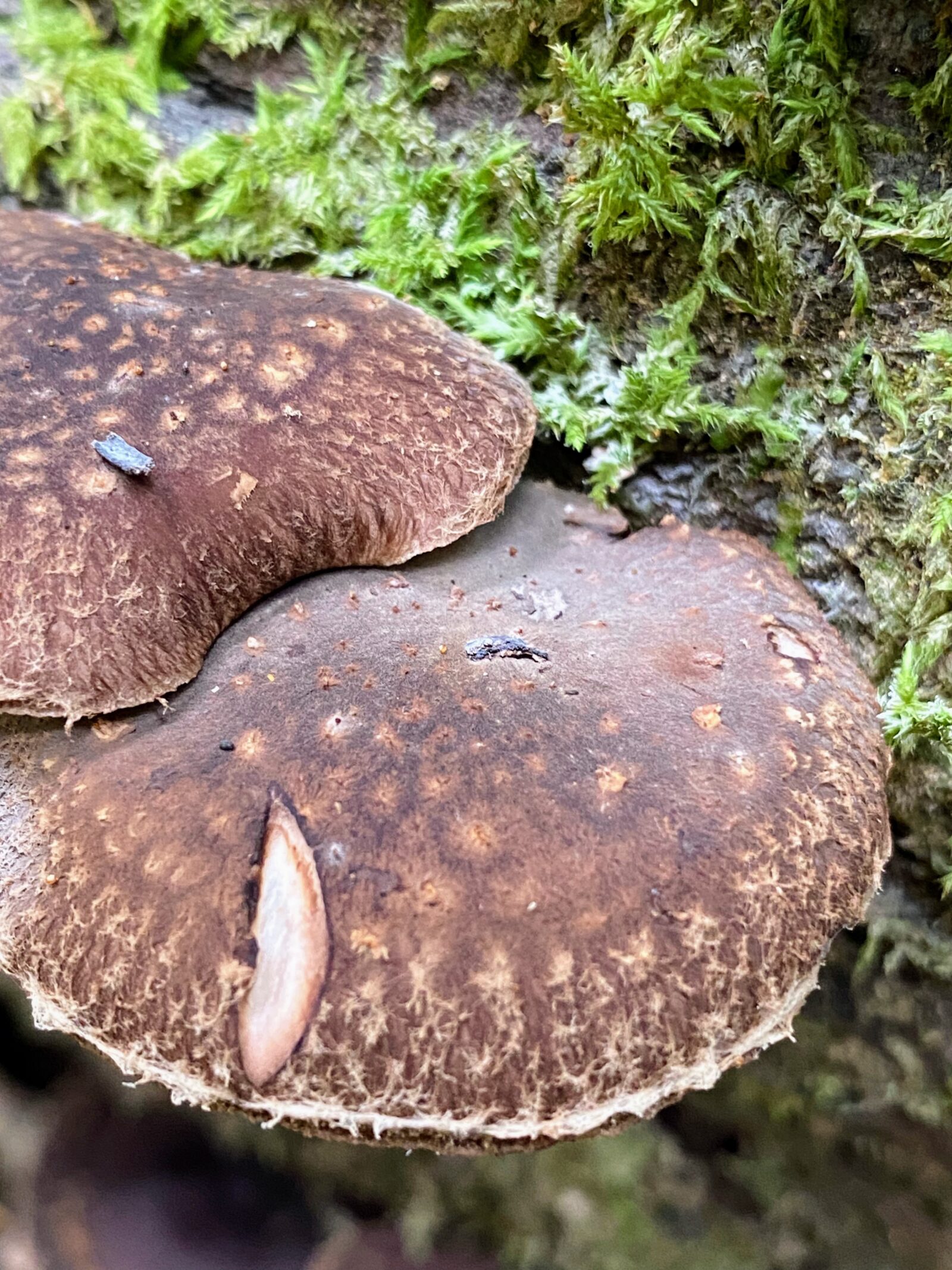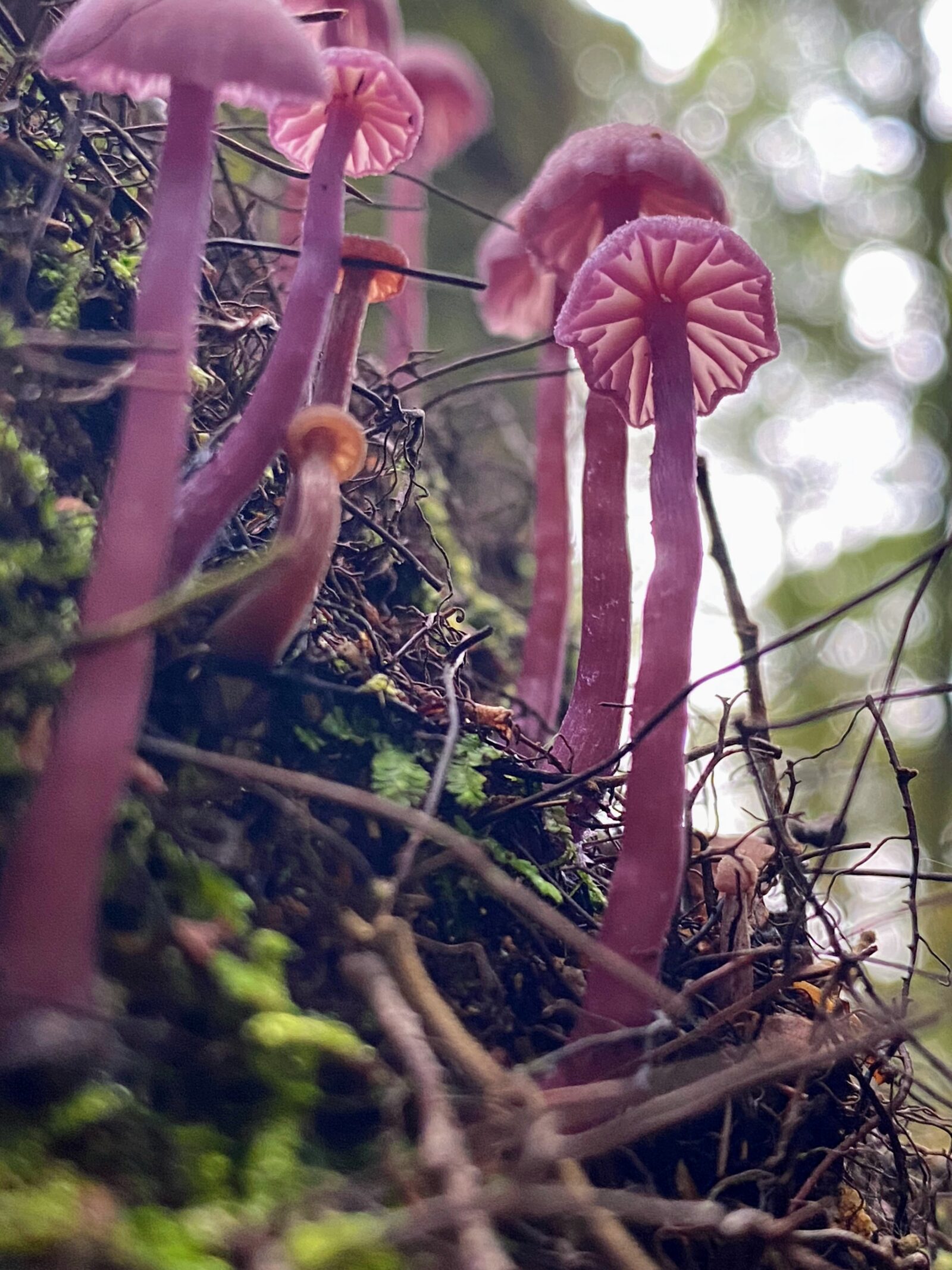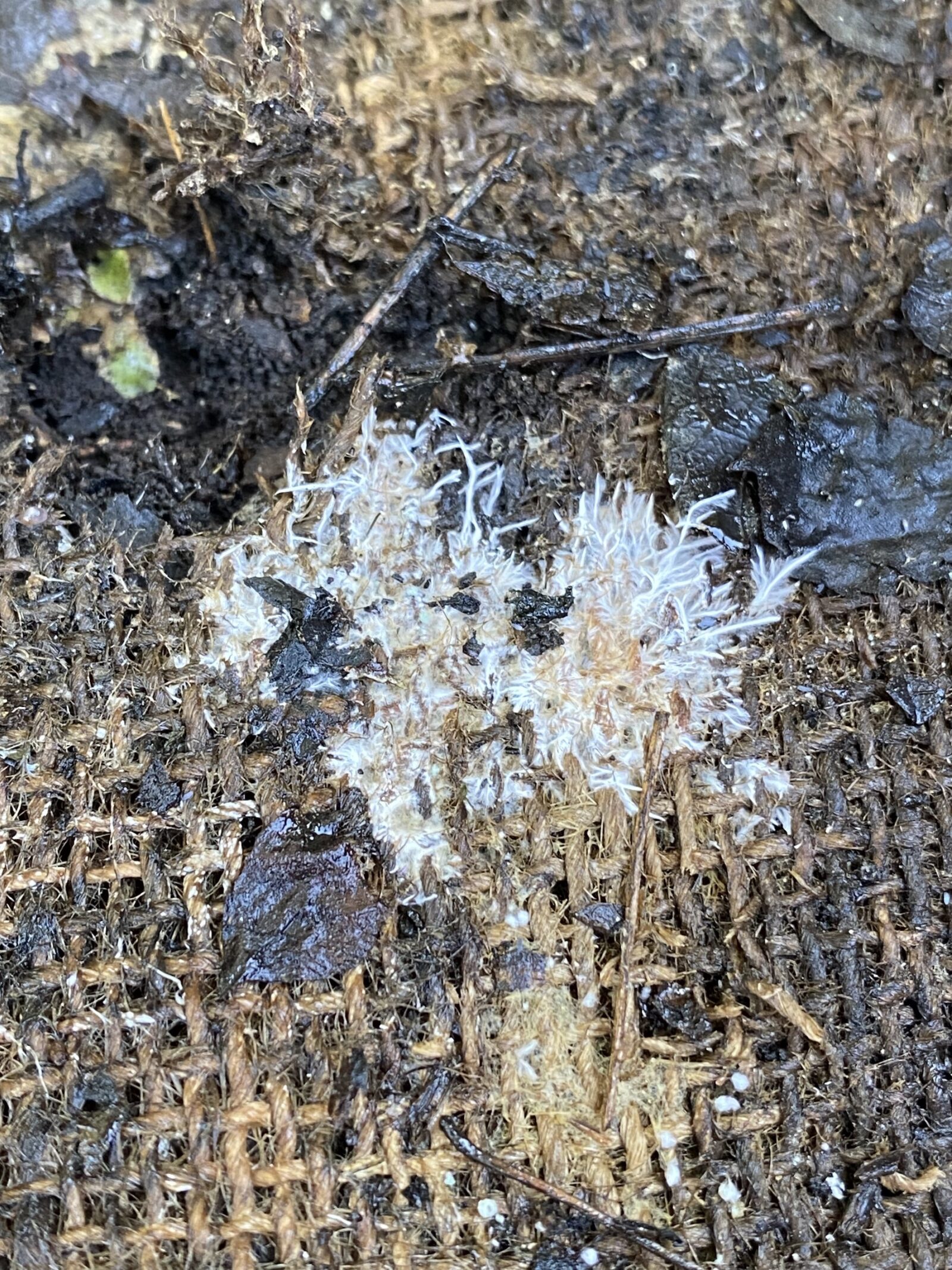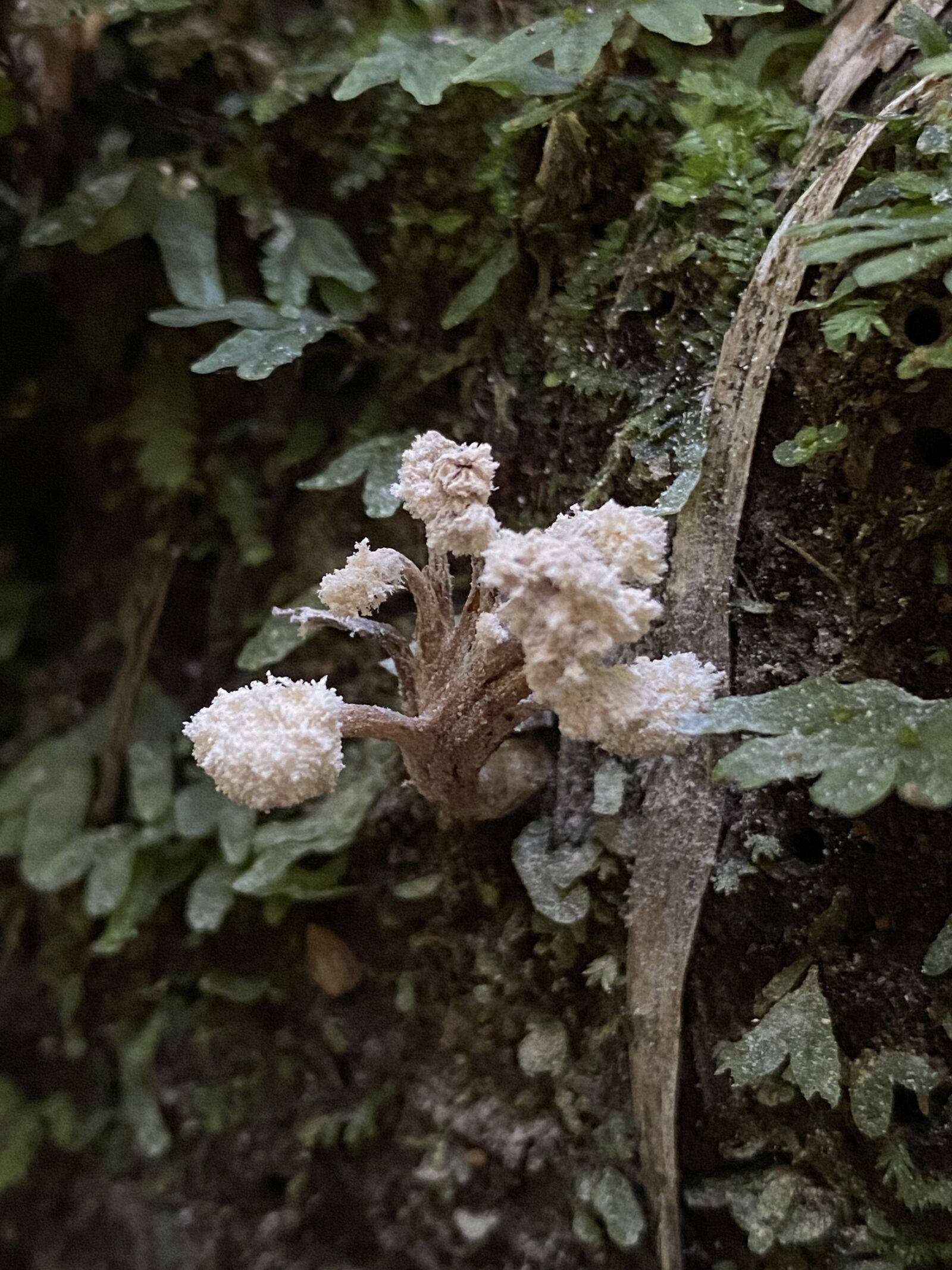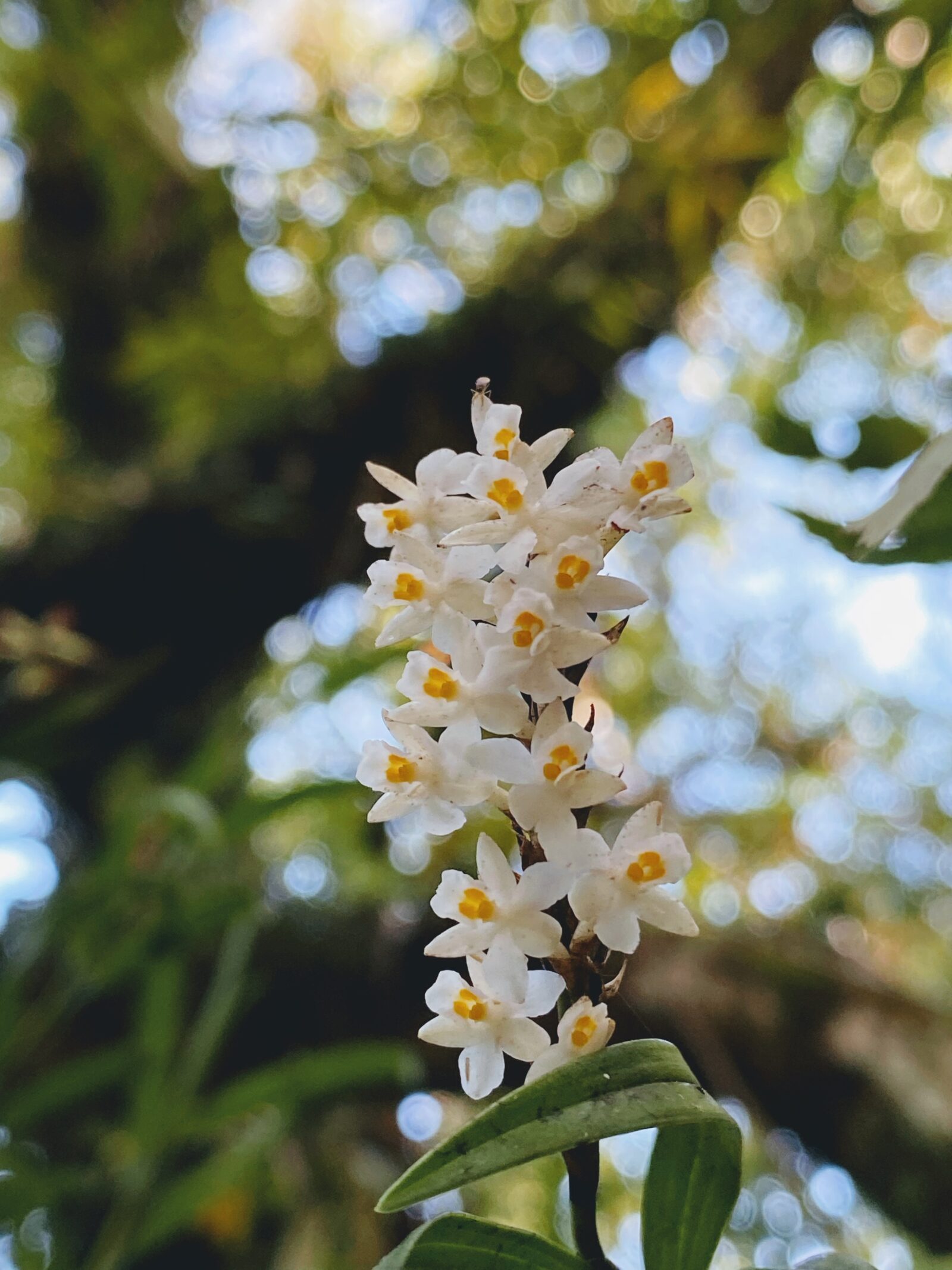Decomposition
Diary
Global spread of powdery mildew through migration and trade
The worldwide distribution of one of the most important cereal pathogens is the result of human activity. Researchers at the University of Zurich have traced the history and spread of wheat powdery mildew along wheat trade routes and found that mixing of genetic ancestries of related powdery mildew species played a central role in the evolution and adaptation of the pathogen.
Cont. Science Daily
Aug 03, 2022
A warming climate decreases microbial diversity
Researchers at the University of Oklahoma have found that the warming climate is decreasing microbial diversity, which is essential for soil health. Led by Jizhong Zhou, Ph.D., the director of the Institute for Environmental Genomics at OU, the research team conducted an eight-year experiment that found that climate warming played a predominant role in shaping microbial biodiversity, with significant negative effect.
Cont. Science Daily
Jun 15, 2022
Friendly fungi announce themselves to their hosts
Many people are familiar with the concept of probiotics, or "good" bacteria. Scientists also have learned that fungi can do good for people, including sometimes replacing bacteria in the commensal state and performing similar beneficial functions.
Cont. Science Daily
May 19, 2022
Spatial distribution of pores helps determine where carbon is stored in the soil
Soils store more carbon than all the vegetation on the Earth's surface. However, there are still many unanswered questions about precisely which processes favour accumulation in the soil. Soil scientists have now developed a new method to show where and under what conditions carbon is stored in the soil. It turns out, it is primarily the network of soil pores that controls the spatial distribution of carbon.
Cont. Science Daily
Apr 22, 2022
